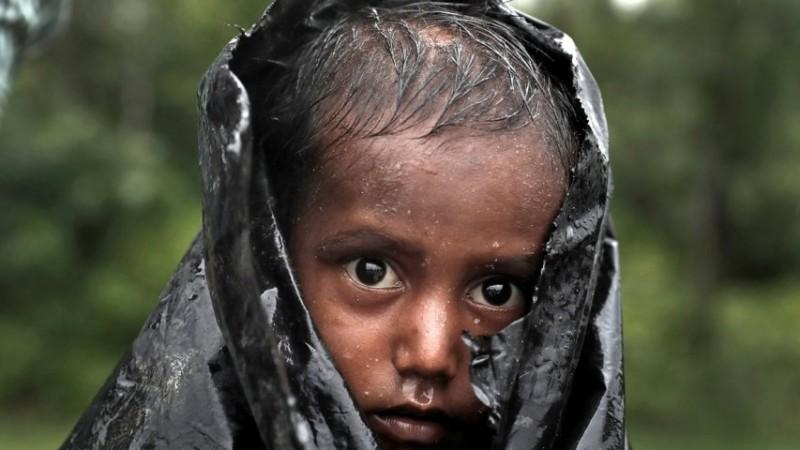
Canada and the Netherlands have expressed their intention to jointly explore all options to support and assist The Gambia in its efforts to hold Myanmar accountable and prevent impunity before the International Court of Justice (ICJ) on the discrimination and persecution of the minority Rohingya Muslims in the northern Rakhine state.
In a joint statement, the Canadian foreign ministry on Wednesday, said, "Canada and Netherlands would like to express their joint intention to intervene in the matter of 'The Gambia v. Myanmar', a contentious case brought by The Gambia against Myanmar at the International Court of Justice [ICJ] alleging violations of the Convention on the Prevention and Punishment of the Crime of Genocide [Genocide Convention]."
The Gambia's application divulges that Myanmar's security forces perpetrated targeted and systemic atrocities against the Rohingya. It also states that the violations include the commission of genocide against the Rohingya, mostly by way of the systematic and widespread perpetration of mass murder, sexual violence, torture, forced displacement, and denial of access to food and shelter. These conditions have caused over 850,000 Rohingya to flee to Bangladesh since 2016.
In December 2019, Canada and the Netherlands had urged all state parties to the UN Genocide Convention to support The Gambia in its efforts to bring a genocide case against the South East Asian country at The Hague.
The Gambia, a small Muslim country in West Africa, filed the case on behalf of the Organization of Islamic Cooperation (OIC) at the ICJ, also known as the World Court, last November, accusing Myanmar of genocide against Rohingya Muslims.
Meanwhile, the recent statement by the Canadian foreign ministry comes as hearings are once set to commence this time via video conference owing to the coronavirus pandemic.
More than 700,000 Rohingya fled Myanmar to neighboring Bangladesh in late August 2017 after the government's security forces launched clearance operations in northern Rakhine State in response to a series of attacks by the Arakan Rohingya Salvation Army on police outposts in the area. UN investigators said that the operations had "genocidal intent". However, both the Myanmar government and the military have denied the accusations.
Later in February this year, Myanmar State Counselor Daw Aung San Suu Kyi, who led a legal team contesting the genocide lawsuit at the top court, came out as a winner in the initial hearings, and calling the conclusions about the Rohingya issue as "unsubstantiated narratives".
For decades, the Rohingya have suffered systemic discrimination and exclusion, marred by waves of abhorrent violence. These facts have been corroborated by several investigations, including those conducted by the UN Independent Fact-Finding Mission for Myanmar and human rights organizations. It is to see how Suu Kyi's protected military comes out as a clear winner, once again, for the second time.

















